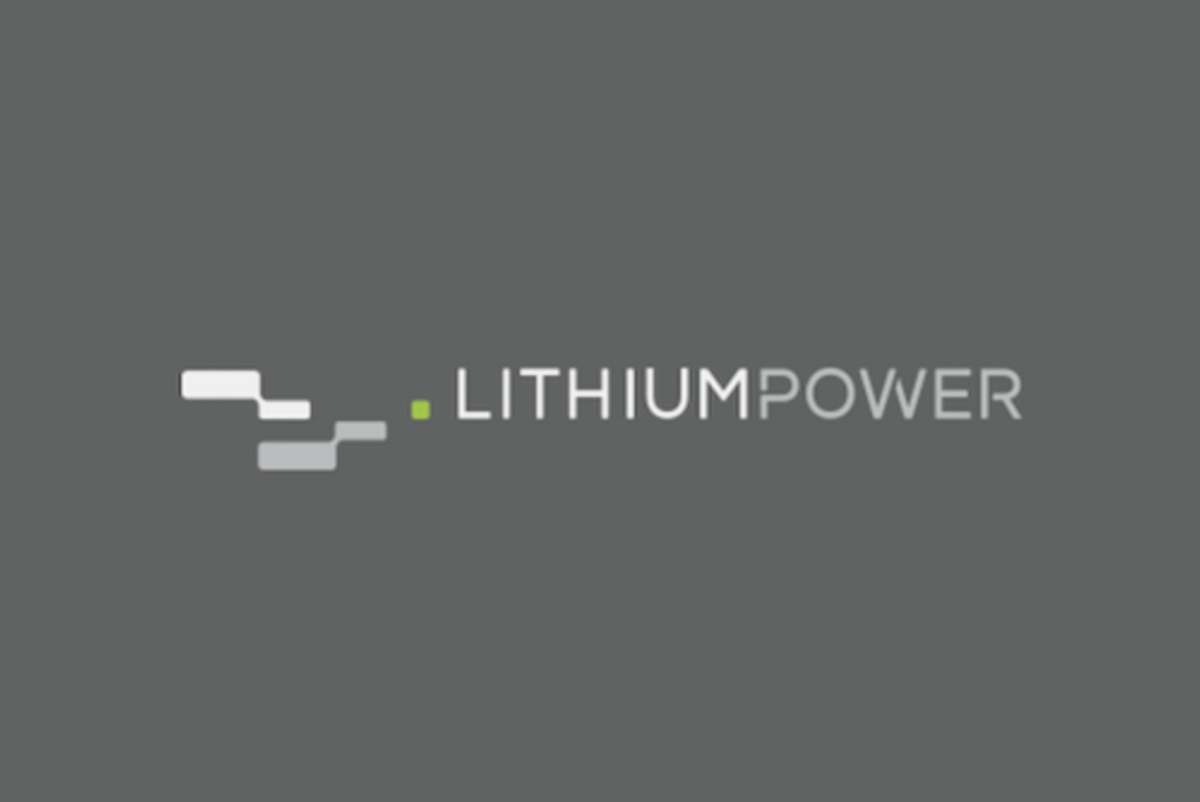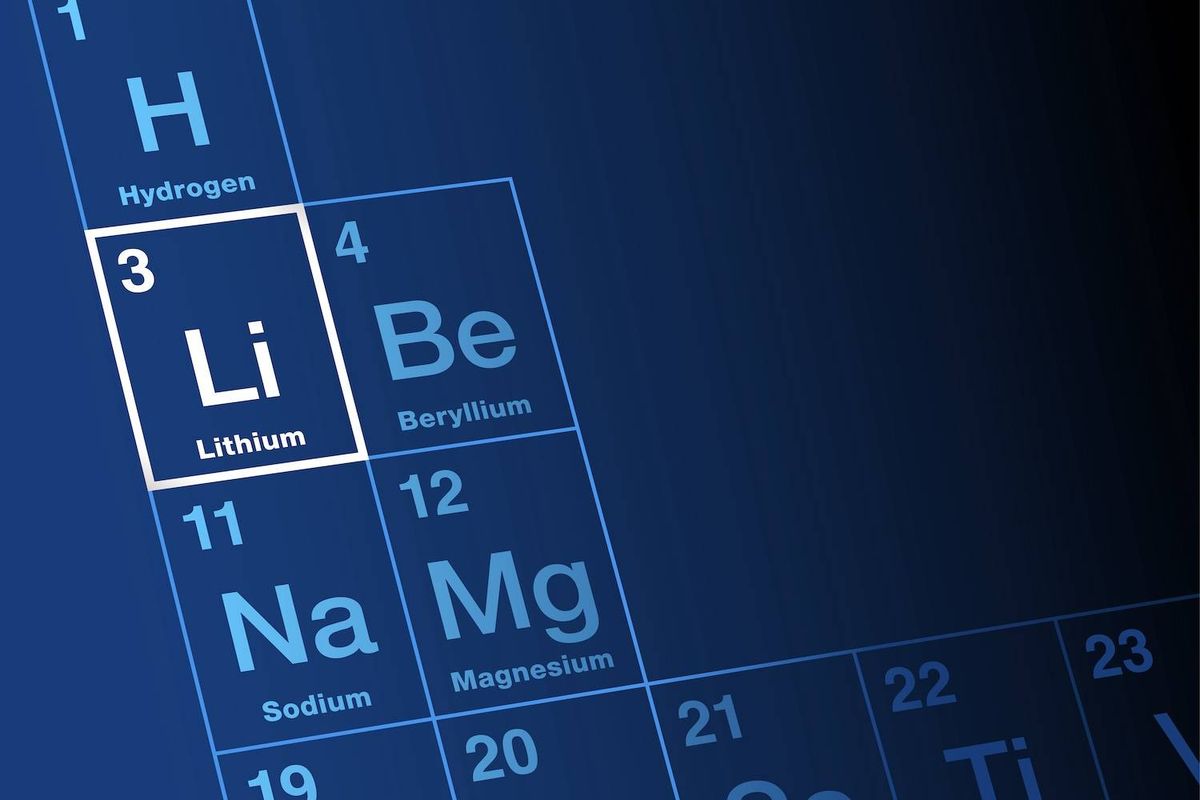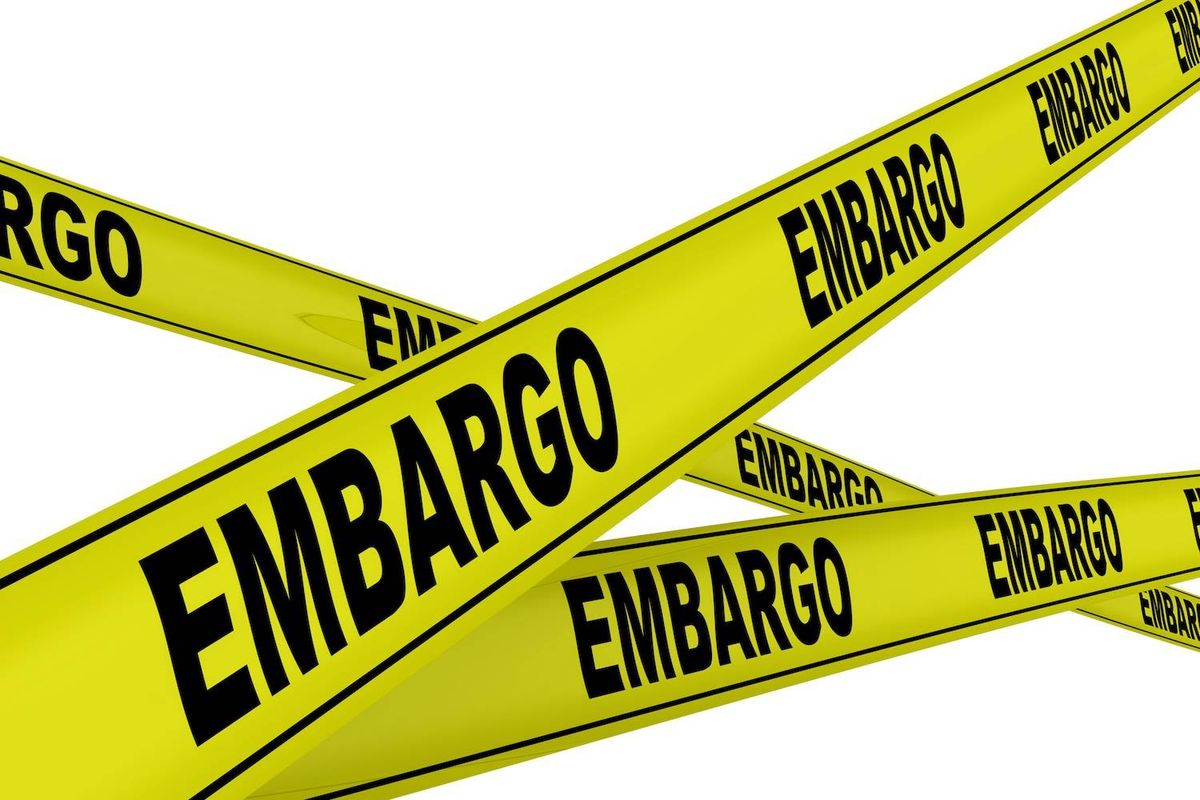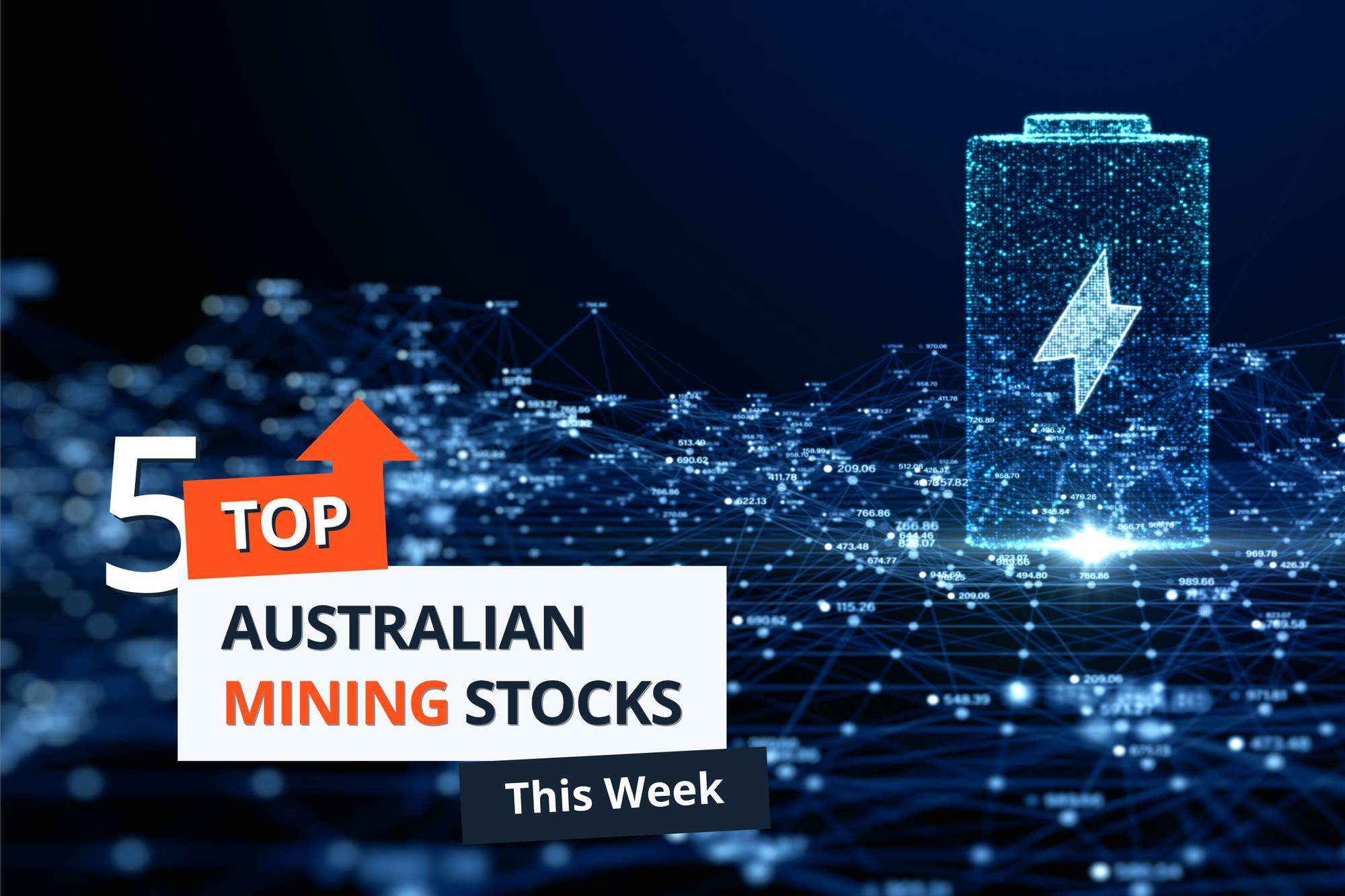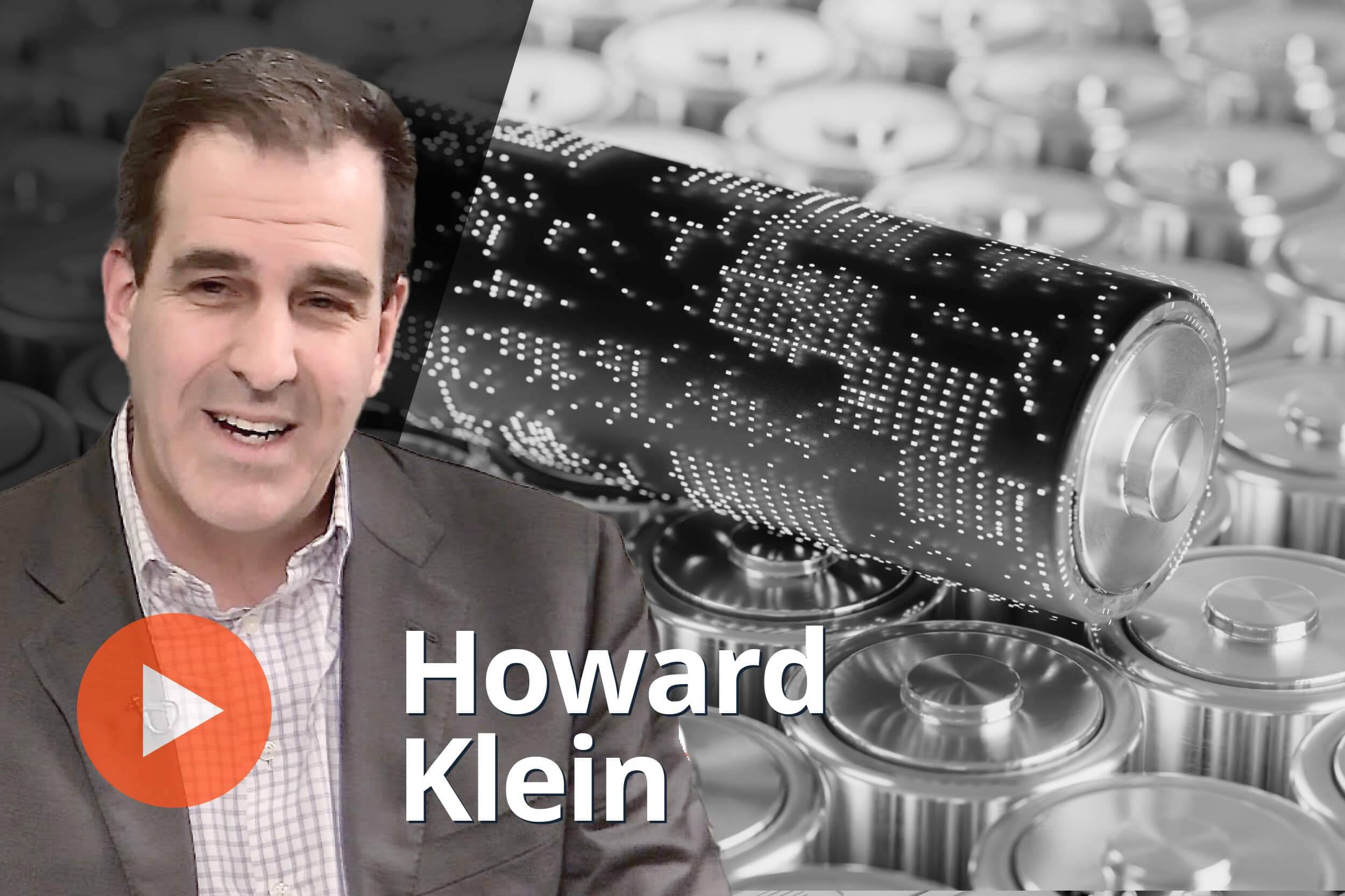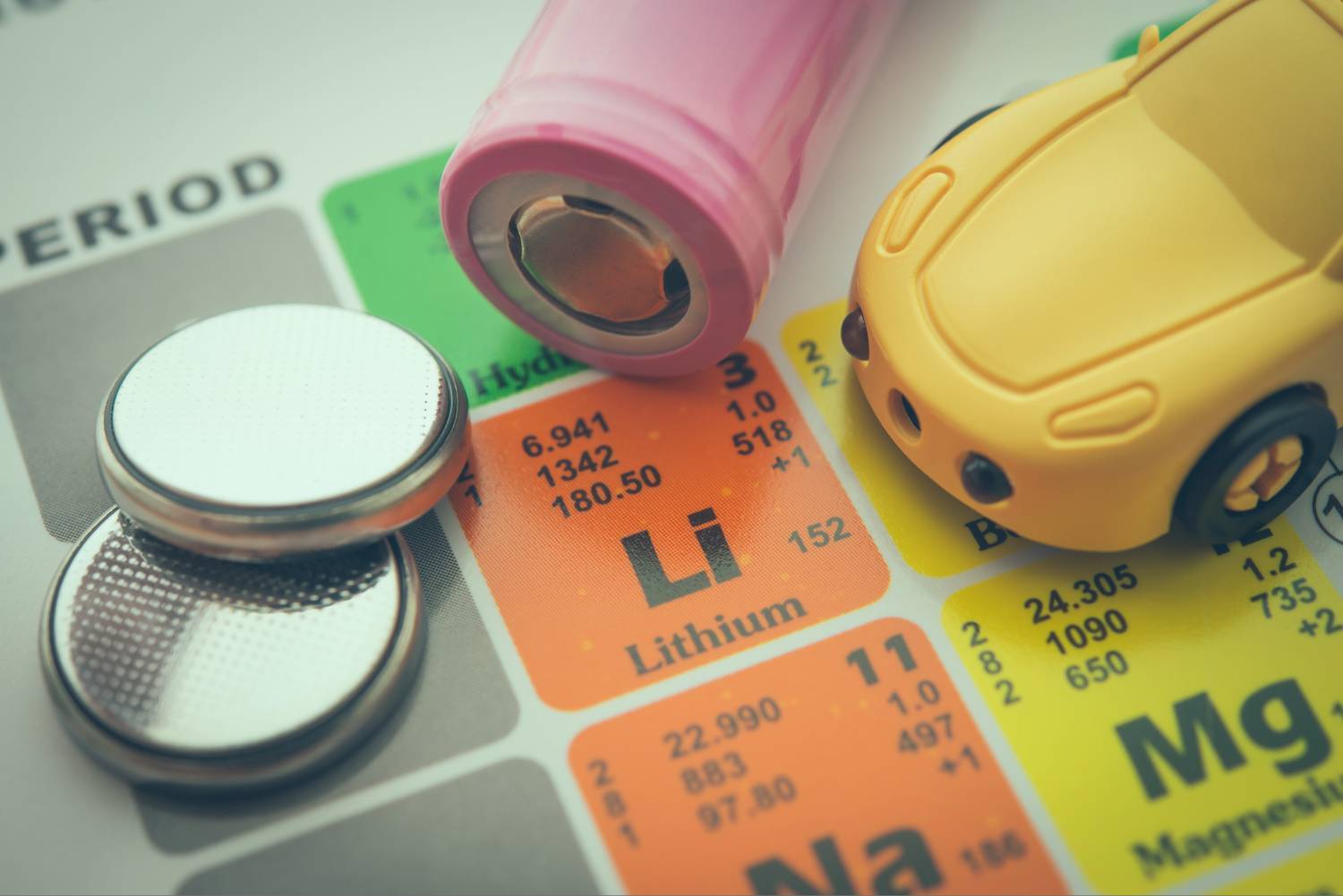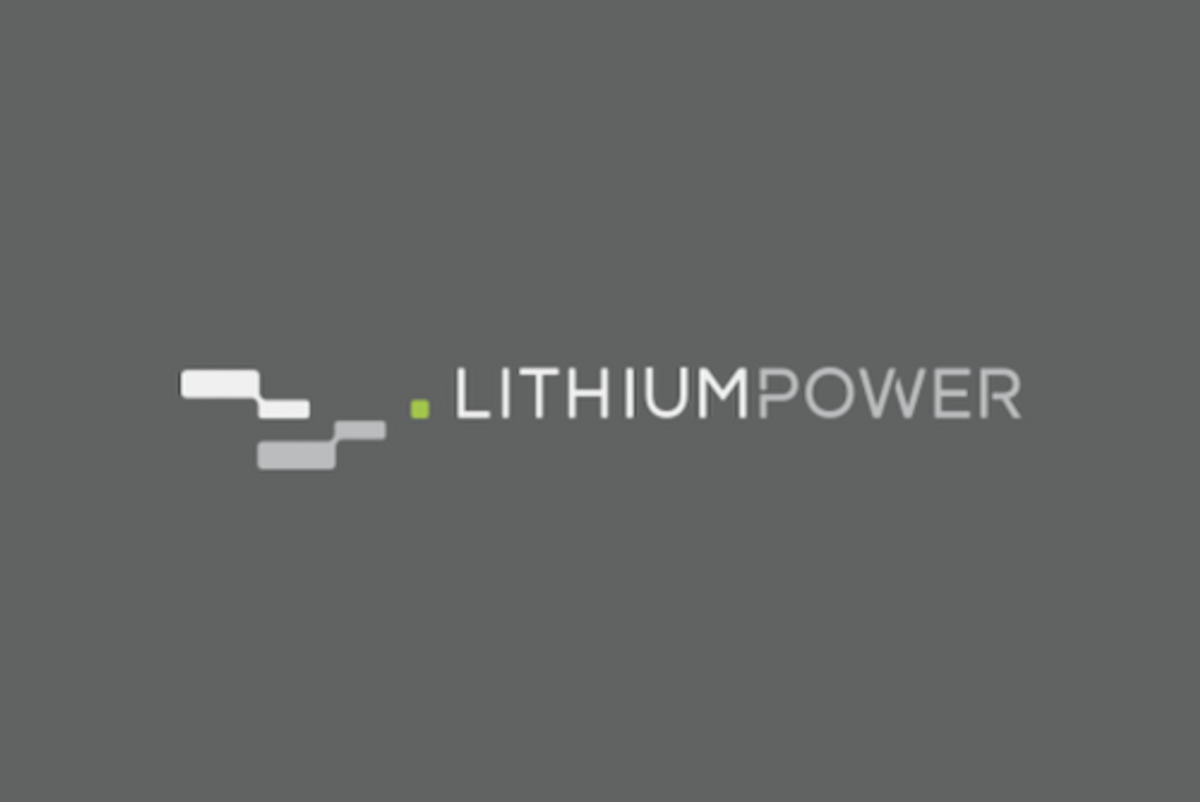
April 23, 2023
Lithium Power International Limited (ASX: LPI) (“LPI” or the “Company”) is pleased to provide updated comments on the recent announcement of the new National Lithium Policy in Chile, and the potential impact it will have on the company’s Maricunga lithium brine project.
On the evening of 20 April 2023, Chilean President Gabriel Boric announced the long awaited National Lithium Policy (“NLP” or the “Policy”). The NLP outlines the plans for the future implementation of lithium exploration and exploitation policies that are intended to bring Chile back to the forefront of global lithium production.
The NLP is different from the position of previous administrations, with this new policy being the result of a consultation process with a wide variety of stakeholders nationally and internationally. It has also taken into consideration the objectives of the Chilean State, including its role to participate in the efficient and rapid development of the lithium industry. This is of strategic concern both to Chile and the world as society moves towards “electrification.” LPI and its subsidiary Minera Salar Blanco have been in constant dialogue with the Chilean government and private institutions that have participated in the development of the NLP.
Lithium Power International’s Director and MSB’s Chairman, Russell Barwick, commented:
“We are pleased that the National Lithium Policy, as presented last week in Santiago, is very much along the lines of what was discussed and expected in our various discussions with Chilean authorities. While a central part of the strategy focuses on current operations and future exploitation of the Atacama Salar, there is also an outline on the future development of projects in other Chilean Salars. This is the case with our flagship Maricunga Project, which is the largest, most advanced and fully permitted pre-construction lithium project in Chile.”
Even though the Policy has primarily concentrated its focus on the huge lithium resource within the Atacama salar, LPI wishes to clarify some core elements of the new Policy as it relates to the Company’s Maricunga Project and assets:
- The Maricunga Stage One project is fully permitted for construction. Its Environmental Permit (“EIA”) was approved in 2020 by the “Servicio de Evaluación Ambiental” (“SEA”), which was explicitly mentioned by President Boric as the government agency in charge of environmental aspects of any future project in Chile. LPI’s EIA permit was ratified by the Committee of Ministers of the Chilean Government in 2022, rejecting all the objections submitted by third parties. It also obtained the necessary Chilean Nuclear Energy Commission (“CCHEN”) permit in 2018 that allows LPI to export lithium products from Chile.
- With regards to the inclusion of communities and the environmental and technical aspects mentioned on the new Policy, LPI’s Maricunga Stage One project development serves as an example by incorporating all social and community agreements as an integral part of its environmental permit. This includes Maricunga being one of the few projects in Chile with a comprehensive indigenous consultation process executed by the Government under the ILO Convention 169, defining a new standard of social relationships. The Company is proud of these achievements in promoting community participation over the long-term.
- The Maricunga project has established broad ranging the sustainable development initiatives, which sets a unique and complete ESG profile standard for the future of the project. LPI’s corporate vision aims to make the Maricunga Project one of the first lithium operations globally to achieve carbon neutrality.
- The Company confirms that its wholly owned subsidiary Minera Salar Blanco (“MSB”), is the sole owner of the property and concessions of both Stage One and Stage Two of the Maricunga Project. There are no current legal processes challenging this aspect of the project. This is a fundamental difference from the current operations in the Atacama Salar, where state-owned company CORFO is the owner of the properties and concessions. CORFO then leases these concessions to the current operators in Atacama for a set period of time. It is also important to note that the mining concessions that serve as the base for the Maricunga Stage One project, were given by the Chilean Government, before 1979 when only then did lithium become defined as a strategic material.
- The Maricunga Stage One concessions, because of their pre-1979 “Old Code” status, do not require a CEOL (Special Lithium Operation Contract) for exploitation. The Stage One project is shovel ready, and currently awaiting the closing of its financing process to begin construction.
- It is important also to clarify that a CEOL does not provide any claim to ownership over the area included under the CEOL contract. CEOL’s explicitly establish, that holders of the CEOL have no rights to enter the area, or execute any activity, (exploration or exploitation ), without a previous negotiation with the owners of the mining concessions.
- LPI embraces the possibilities for future public-private alliances as declared by the NLP, for the development of Stage Two for the Maricunga project, which involve its post-1979 or “New Code” concessions. The Company will continue to work closely with the Chilean Government to transform the Maricunga Stage Two project into the first example of a public-private alliance under the new parameters established by the new Policy.
- The Company acknowledges the existence of the Australia–Chile Free Trade Agreement (“FTA”), which came into force in 2009, being the first FTA between Australia and a Latin American country, as well as the Trans-Pacific Partnership (“TPP”) recently ratified by Australia and Chile. Both international arrangements will positively support these public- private alliances and also incorporate clear mechanisms for investment protection under international law.
- The new Policy does not constitute a nationalisation of the lithium industry in Chile. Its objective, as clarified by the Mining Minister, is to set the conditions and parameters for the country to have a more active involvement and higher financial returns in a strategic industry, particularly where those lithium resources are located on concessions already owned by the Chilean State on the Atacama Salar. The NLP also seeks to accelerate the development of new projects in the country.
- LPI is currently evaluating a number of financing options for the Maricunga Stage One project, ranging from strategic equity investment from potential offtake partners to debt/equity financing alternatives. The announcement and future implementation of the NLP is timely to provide the clarity and certainty required by financiers/investors on the parameters under which the Maricunga project will be developed.
Lithium Power International’s Chief Executive Officer, Cristobal Garcia-Huidobro, commented:
“We are very pleased to see that our hard work over the last seven years of advancing Maricunga Stage One project have been reflected in a development that closely mirrors the objectives of the newly announced National Lithium Policy. Technical advancement and innovation, environmental and social responsibility of the highest standard, and landmark community agreements that provide the community the opportunity to share in the exciting future of the growing lithium industry, are all in line with the objectives of the Strategy. We embrace the objective of Chile’s current administration to promote public-private associations as the path forward for the development of the Maricunga Stage Two project.
Since the announcement of the Strategy, there have been a number of differing opinions as to the effectiveness, practicality, and legality of the National Lithium Strategy and its objectives. LPI wants to clarify, that it believes the Policy is not a “one size-fits all” proposed legislation, and there are several specific elements that differentiate LPI’s Maricunga Project from the rest of the existing operations or future lithium projects in Chile. Rather than focus on what the legislation means for the future of the Chilean lithium industry, our focus is on what it means for our Maricunga lithium project and how it will transform the Chilean lithium industry through its development. At LPI, we welcome President Boric’s National Lithium Strategy and its objective to positively transform the Chilean lithium industry. Moreover, we are pleased to say we believe this strategy not only benefits LPI’s Maricunga Project but has the potential to accelerate the development of our Stage Two project. As such, we look forward to continuing our work with the Chilean Government to advance Maricunga.”
Click here for the full ASX Release
This article includes content from Lithium Power International, licensed for the purpose of publishing on Investing News Australia. This article does not constitute financial product advice. It is your responsibility to perform proper due diligence before acting upon any information provided here. Please refer to our full disclaimer here.
LPI:AU

Sign up to get your FREE
Lithium Power International Investor Kit
and hear about exciting investment opportunities.
- Corporate info
- Insights
- Growth strategies
- Upcoming projects
GET YOUR FREE INVESTOR KIT
The Conversation (0)
09 December 2021
Lithium Power International
A Pure-Play Mining Company Developing Multiple Lithium Mines
A Pure-Play Mining Company Developing Multiple Lithium Mines Keep Reading...
11h
UK Enters Commercial Lithium Production with Geothermal Plant Launch
The UK has entered commercial lithium production for the first time as Geothermal Engineering Ltd (GEL) began operations in its plant at Cornwall, anchoring the government's hopes of a domestic battery metals supply chain.The Redruth-based facility marks the country’s first commercial-scale... Keep Reading...
26 February
Zimbabwe Imposes Immediate Ban on Raw Mineral and Lithium Exports
Zimbabwe has imposed an immediate ban on exports of all raw minerals and lithium concentrates, halting shipments already in transit as the government tightens control over the country’s mining sector.Mines and Mining Development Minister Polite Kambamura announced Wednesday that the suspension... Keep Reading...
19 February
Top Australian Mining Stocks This Week: Lithium Valley Results Boost Gold Mountain
Welcome to the Investing News Network's weekly round-up of the top-performing mining stocks listed on the ASX, starting with news in Australia's resource sector.Mining giant BHP (ASX:BHP,NYSE:BHP,LSE:BHP) reported strong half-year copper results, saying that its copper operations accounted for... Keep Reading...
17 February
Howard Klein Doubles Down on Strategic Lithium Reserve as Project Vault Takes Shape
Before the Trump administration revealed plans for Project Vault, Howard Klein, co-founder and partner at RK Equity, proposed the idea of a strategic lithium reserve. “The goal of a strategic lithium reserve is to stabilize prices and allow the industry to develop,” he told the Investing News... Keep Reading...
17 February
Sigma Lithium Makes New Lithium Fines Sale, Unlocks US$96 Million Credit Facility
Sigma Lithium (TSXV:SGML,NASDAQ:SGML) has secured another large-scale sale of high-purity lithium fines and activated a production-backed revolving credit facility as it ramps up operations in Brazil.The lithium producer announced it has agreed to sell 150,000 metric tons (MT) of high-purity... Keep Reading...
12 February
Albemarle Lifts Lithium Demand Forecast as Energy Storage Surges
Albemarle (NYSE:ALB) is raising its long-term lithium demand outlook after a breakout year for stationary energy storage, underscoring a shift in the battery materials market that is no longer driven solely by electric vehicles.The US-based lithium major reported fourth quarter 2025 net sales of... Keep Reading...
Latest News

Sign up to get your FREE
Lithium Power International Investor Kit
and hear about exciting investment opportunities.
- Corporate info
- Insights
- Growth strategies
- Upcoming projects
GET YOUR FREE INVESTOR KIT
Interactive Chart
Latest Press Releases
Related News
TOP STOCKS
American Battery4.030.24
Aion Therapeutic0.10-0.01
Cybin Corp2.140.00
